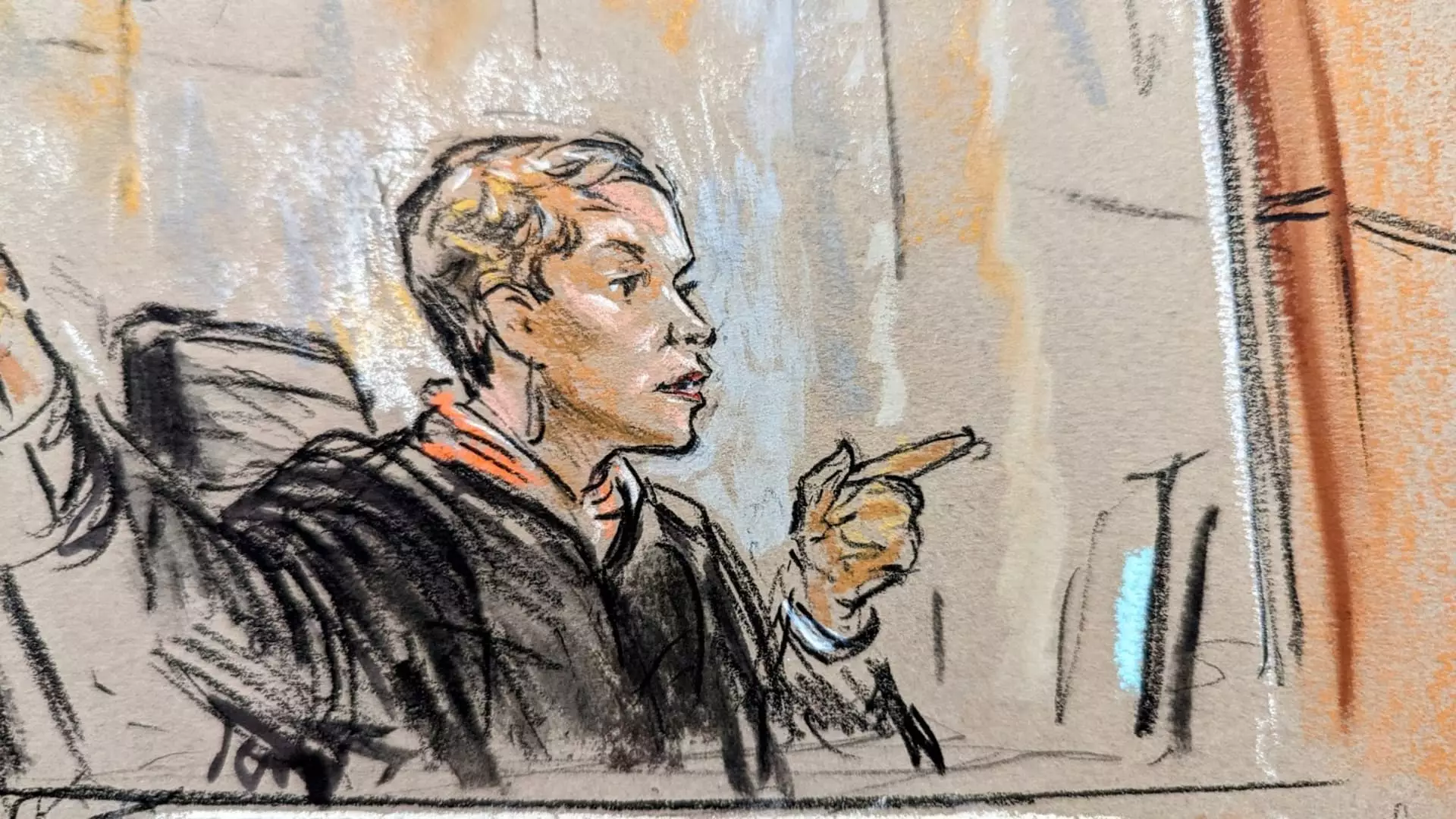In recent weeks, Donald Trump has vocally criticized the judiciary, particularly focusing on U.S. District Court Judge Tanya Chutkan, who is overseeing his criminal case related to alleged election interference. Trump’s assertion that Judge Chutkan is “the most evil person” reflects not just a personal conflict but also a larger narrative about the interactions between politics and the legal system. When Judge Chutkan ordered the release of nearly 1,900 newly unsealed documents, Trump suggested this move was deliberately timed to undermine his campaign for the upcoming election. This claim encapsulates the ongoing debate about the intersection of judicial proceedings and electoral politics, raising essential questions about bias, transparency, and the rule of law.
The decision to release documents in a high-profile case is fraught with implications. Judge Chutkan, in her order, emphasized the importance of transparency, stating that withholding information from the public could appear as a form of election interference. She articulated a well-reasoned stance that urges the legal community to uphold the public’s right to access information, especially when it pertains to significant political events. In doing so, Chutkan countered Trump’s narrative, framing the release of documents not as a tactic to disadvantage him politically but as a necessary step in maintaining the integrity of judicial processes. Her reasoning highlights the critical balance judges must strike between the administration of justice and the political ramifications of their decisions.
Trump’s rhetoric towards Judge Chutkan and the workings of special counsel Jack Smith is indicative of a broader trend where defendants challenge the impartiality of the judicial system. Trump’s labeling of Smith as a “sick puppy” underscores a strategy of personalizing attacks against key figures in the legal proceedings. Importantly, Judge Chutkan addressed this pattern directly by stating that Trump’s legal team has failed to provide substantial evidence to support claims of bad-faith or partisan actions by the government. This response is crucial as it reinforces judicial impartiality, while simultaneously validating the legal system’s commitment to upholding justice for all, irrespective of political affiliation.
Trump’s comments reveal an acute awareness of public sentiment and the implications of public opinion on judicial proceedings. His assertion that the timing of document releases is part of a strategy to sway voter perceptions underscores how legal cases can have profound electoral consequences. This brings to the fore the notion that defendants can exploit ongoing cases to propagate narratives that resonate with their base. The politically charged atmosphere surrounding Trump’s legal troubles illustrates how perceptions of fairness and justice can be manipulated, thus complicating the public’s understanding of legal actions.
Another significant element of this controversy is the gag order previously imposed by Judge Chutkan. This order aimed to curtail potential prejudicial statements that could jeopardize the proceedings, emphasizing that political candidacy does not shield individuals from accountability. This aspect is vital for maintaining the dignity of the judicial process, ensuring that legal proceedings proceed without the specter of public hysteria or inflamed rhetoric undermining their outcomes. Trump’s past remarks and his current criticisms thus not only challenge judicial authority but also highlight the tensions between an active political life and the responsibilities that accompany legal proceedings.
The clash between Donald Trump and Judge Chutkan illustrates the complex relationship between law and politics in contemporary America. Trump’s accusations of bias and evil against the judge signal a broader narrative where political figures often seek to reshape the narrative surrounding their legal challenges. As this situation unfolds, it remains essential for the judiciary to navigate these turbulent waters with a firm commitment to transparency and impartiality, ensuring that the rule of law prevails over political machinations. Moving forward, the integrity of legal institutions will be tested, particularly as they contend with the powerful narratives spun by political figures who stand at the intersection of legality and electoral ambition.


Leave a Reply